Milwaukee M12 2525-20 Bruksanvisning
Milwaukee
Ikke kategorisert
M12 2525-20
Les nedenfor 📖 manual på norsk for Milwaukee M12 2525-20 (24 sider) i kategorien Ikke kategorisert. Denne guiden var nyttig for 6 personer og ble vurdert med 3.5 stjerner i gjennomsnitt av 3.5 brukere
Side 1/24

Cat. No. / No de cat.
2525-20
M12™ BRUSHLESS ROTARY TOOL
OUTIL ROTATIF SANS FIL M12™
HERRAMIENTA GIRATORIA INALÁMBRICA M12™
OPERATOR'S MANUAL
MANUEL de L'UTILISATEUR
MANUAL del OPERADOR
WARNING To reduce the risk of injury, user must read and understand operator's manual.
AVERTISSEMENT An de réduire le risque de blessures, l'utilisateur doit lire et bien
comprendre le manuel.
ADVERTENCIA Para reducir el riesgo de lesiones, el usuario debe leer y entender el manual.
Produkspesifikasjoner
| Merke: | Milwaukee |
| Kategori: | Ikke kategorisert |
| Modell: | M12 2525-20 |
Trenger du hjelp?
Hvis du trenger hjelp med Milwaukee M12 2525-20 still et spørsmål nedenfor, og andre brukere vil svare deg
Ikke kategorisert Milwaukee Manualer
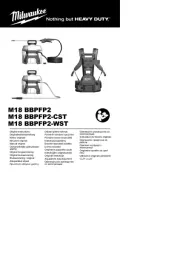
19 September 2025
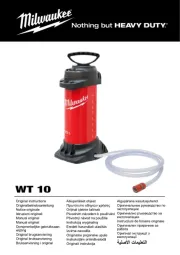
19 September 2025
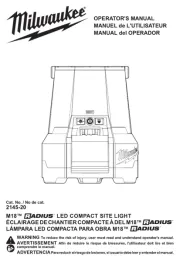
16 August 2025
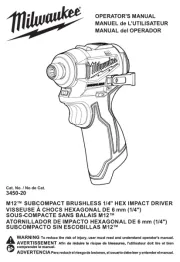
15 August 2025
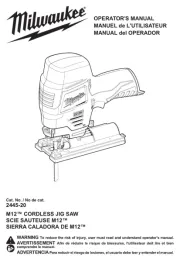
15 August 2025
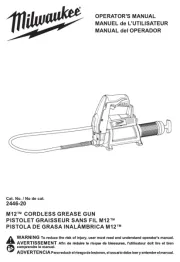
15 August 2025
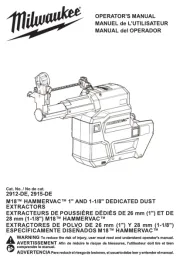
15 August 2025
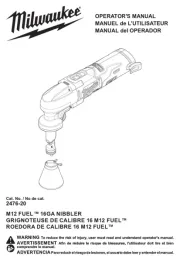
15 August 2025
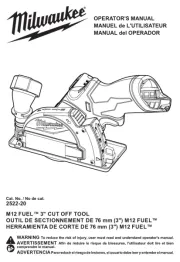
15 August 2025
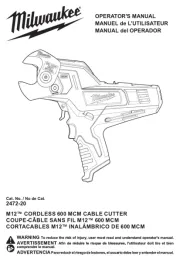
14 August 2025
Ikke kategorisert Manualer
- Universal Audio
- Bora
- Carlsbro
- Karcher
- Burley
- Hotone
- Salus
- Memphis Audio
- Seagate
- Teia
- Advanced Network Devices
- Legrand
- IKEA
- Maxxmee
- Warmup
Nyeste Ikke kategorisert Manualer
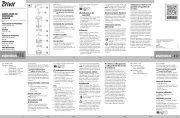
23 Oktober 2025
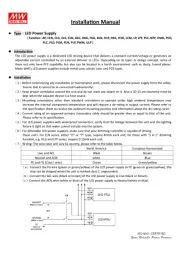
23 Oktober 2025
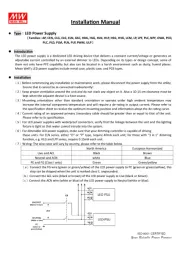
23 Oktober 2025
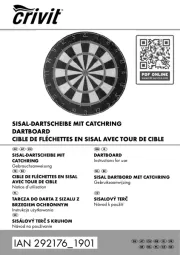
23 Oktober 2025
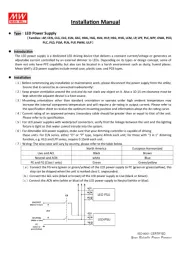
23 Oktober 2025

23 Oktober 2025
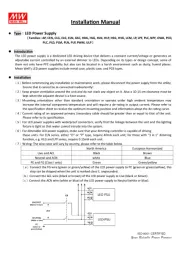
23 Oktober 2025

23 Oktober 2025
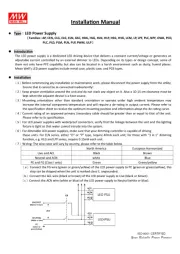
23 Oktober 2025
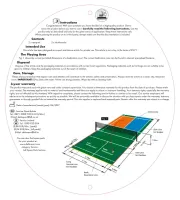
23 Oktober 2025